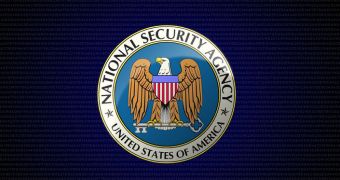Another document regarding NSA surveillance methods got declassified and it’s worse than you would think. It looks like the FISA court had absolutely no objections to the phone record dragnet program, as they believed it a move that was completely justified.
According to the decision of the FISA court, judges declared every single call record to be relevant to the fight against terrorism, which made it unnecessary for the intelligence agency to get any type of court orders.
Most important, however, is the fact that telecommunications companies never confronted the NSA over the issue.
The explanation goes as follows – they believed it was necessary to obtain the bulk collection of metadata to determine any connections made between known and unknown international terrorist operatives as part of authorized investigations.
This is relevant under Section 215 of the Patriot Act, they said, something that was challenged by the author of the Act himself.
The court relies on a case nearly 40 years old, where callers used a telephone company to transmit their signal.
Thus, no one can expect total privacy, especially since, they reasoned, the government agency isn’t searching for specific numbers, but was collecting everything in bulk.
“The Supreme Court conclude that a person does not have a legitimate expectation of privacy in telephone numbers dialed, and there, when the government obtained that dialing information, it ‘was not a ‘search,’ and no warrant was required,” the document reveals.
As mentioned above, not only did all this go on without raising any red flags, but the telephone companies didn’t even bother opposing the ruling.
“To this date, no holder of records who has received an Order to produce bulk telephony metadata has challenged the legality of such an Order,” the ruling reads.

 14 DAY TRIAL //
14 DAY TRIAL //